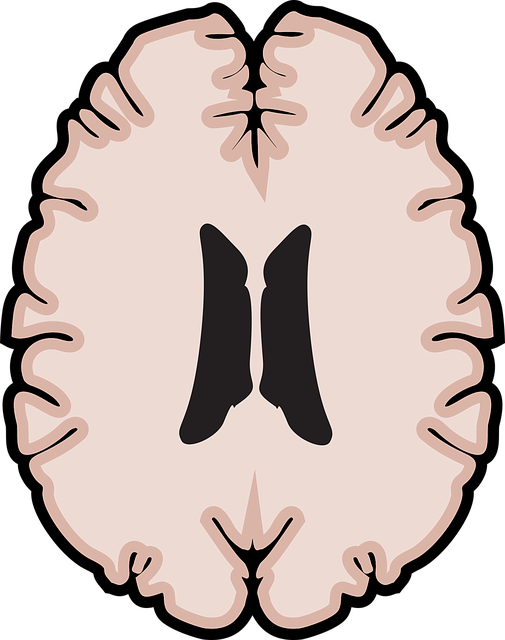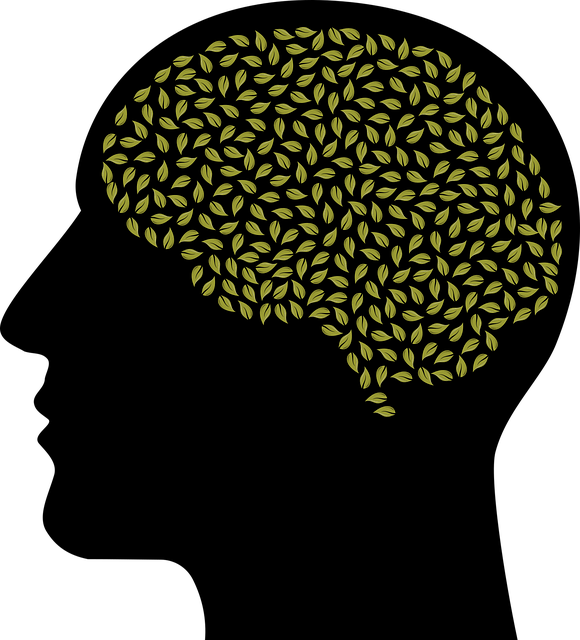“In today’s complex social landscape, effective crisis intervention is more critical than ever, especially within specialized fields like Golden Women’s Issues Therapy. Crisis Intervention Teams (CITs) play a pivotal role in addressing mental health crises among women, ensuring timely and compassionate support. This article explores the essential training programs that equip professionals with the skills to navigate these sensitive situations. By delving into the unique challenges of women’s mental health crises, we uncover the impact of specialized CIT training, highlighting its ability to revolutionize care delivery.”
- Understanding Crisis Intervention Teams and Their Role in Golden Women's Issues Therapy
- Essential Components of Effective Crisis Intervention Team Training Programs
- The Impact and Benefits of Specialized Training for Addressing Women's Mental Health Crises
Understanding Crisis Intervention Teams and Their Role in Golden Women's Issues Therapy

Crisis Intervention Teams (CITs) play a pivotal role in Golden Women’s Issues Therapy, addressing urgent mental health needs within diverse settings. These teams are strategically composed of healthcare professionals, including psychologists, social workers, and sometimes peer support specialists, all trained to swiftly assess and stabilize individuals experiencing severe emotional distress or crisis situations. The primary goal is to provide immediate intervention, ensuring safety and offering temporary relief while connecting individuals with ongoing treatment plans.
In the context of Golden Women’s Issues Therapy, CITs focus on de-escalating high-risk scenarios related to women’s mental health. They facilitate emotional healing processes by employing evidence-based practices tailored to complex needs. By integrating these teams into care models, mental health policy analysis and advocacy are enhanced, promoting more comprehensive services. Moreover, self-care practices are emphasized during interventions, ensuring the well-being of both clients and team members in this demanding yet profoundly impactful work.
Essential Components of Effective Crisis Intervention Team Training Programs

Effective crisis intervention team (CIT) training programs are integral to equipping professionals with the skills needed to handle critical situations. A comprehensive CIT training should focus on several key components to ensure its success in various settings, especially when addressing women’s issues in therapy. Firstly, it must emphasize cultural sensitivity in mental healthcare practice, recognizing and respecting diverse cultural backgrounds, beliefs, and values. This aspect is vital for building trust and delivering tailored support.
Additionally, mindfulness meditation techniques can be powerful tools within these programs. Training participants in stress management through mindfulness can enhance their emotional resilience and reduce burnout potential, a significant concern in the field of mental healthcare. By incorporating strategies to prevent burnout, such as regular self-care practices, teams can maintain optimal performance over time. These components, when combined with robust theoretical knowledge, enable CIT members to respond effectively during crises while fostering a supportive environment for those facing women’s specific challenges in therapy.
The Impact and Benefits of Specialized Training for Addressing Women's Mental Health Crises

Specialized training programs for crisis intervention teams are transforming the way we address women’s mental health crises. These initiatives recognize that women often face unique challenges and have distinct therapeutic needs, particularly in environments where gender-specific issues like trauma, domestic violence, and reproductive rights are prevalent. The impact of such tailored training is profound; it equips professionals with the emotional intelligence to connect with women on a deeper level, fostering an environment of safety and trust essential for effective therapy.
By prioritizing Golden Womens Issues Therapy, mental wellness coaching programs development takes a step towards promoting emotional well-being through innovative techniques. These training sessions not only enhance the skills of practitioners but also contribute to a more inclusive and responsive healthcare system. The benefits extend beyond individual recovery; they encompass community resilience, as empowered women are better equipped to navigate life’s challenges, leading to improved overall emotional intelligence and a stronger support network.
Crisis intervention team (CIT) training programs are invaluable in equipping professionals to handle women’s mental health crises effectively. As highlighted, these programs, especially those tailored for Golden Women’s Issues Therapy, play a pivotal role in improving outcomes and enhancing support systems. By integrating essential components such as crisis assessment, communication skills, and trauma-informed care, CIT training empowers teams to navigate complex situations sensitively and competently. The impact of this specialized training reverberates through improved access to quality care, reduced intervention times, and ultimately, positive transformations in women’s lives, fostering a more supportive and responsive mental health landscape.








